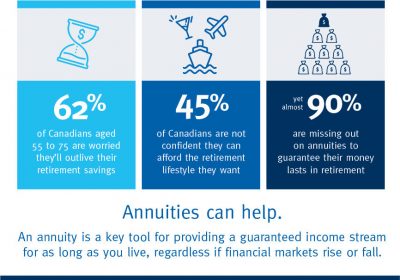
- Stats: 1599 0
- Author: Money Bloggess
- Posted: June 20, 2019
- Category: Insurance
Medical reasons make up one-third of Canadians’ travel claims: RBC Insurance
Tight airport security and flight delays can definitely be a downside to air travel, but the biggest pet peeve for over a quarter (27 per cent) of Canadians is bad travel etiquette, according to a recent RBC Insurance survey. And when it comes to the worst things they’ve lost along the way, the top three items are baggage (20 per cent), followed by their passport (13 per cent) and, interestingly, their travelling companion (6 per cent).
However, the overall pleasures of air travel seem to outweigh the pet-peeves. Canadians are often on the move, travelling outside of their home province by air roughly once every six to seven months.
Before you go, ensure you’re insured
Along with such frequent travel comes a greater opportunity for mishaps to occur that could result in expensive bills. In fact, one-quarter (26 per cent) of Canadians have made an insurance claim as a result of something that happened to them while travelling. One-third (33 per cent) of those claims were related to visits to a doctor, hospital or clinic, while flight delays account for one-quarter (24 per cent) of claims.
“Travel is a wonderful, educational experience and it’s great to see that Canadians are exploring the world outside their own province or country so frequently,” said Stacey Hughes-Brooks, Head of Travel, RBC Insurance. “However, given the data from the survey, a quarter of Canadians have needed to make an insurance claim so it’s best to make sure not only that you have coverage, but that you have enough.”
When asked the most important item to insure while on vacation, almost three-quarters (72 per cent) responded themselves – and this increases among travellers aged 55 and over (81 per cent) as compared to younger travellers (64 per cent). When it comes to insuring physical belongings, 12 per cent stated luggage is the next most important item, followed by a rental car (7 per cent) and mobile phone (5 per cent).
Barriers to filing travel insurance claims
Of those Canadians who have never made a travel insurance claim, 79 per cent have been lucky enough to say they have never been in a situation where they needed to make one. However, the remaining 21 per cent said they needed to file a claim but did not or were unable to do so. The top reasons for not making a claim include that it was too much of a hassle, they were underinsured, they incorrectly assumed they were covered by their insurance policy or their credit card or they didn’t know where to go.
“With so many credit cards offering travel insurance many Canadians may assume that they are covered if something happens while travelling,” adds Stacey. “It’s important that Canadians do their homework to understand their coverage otherwise they could find themselves out-of-pocket for minor or major expenses.”
RBC Insurance offers the following tips for Canadian travellers this year:
- Consider purchasing travel insurance even if traveling within Canada.
- Ensure you understand what your policy does and does not cover and what other coverages you may have through work or credit cards.
- Label luggage by putting your name and contact information on the inside and outside of the bag.
About the RBC Insurance Survey
These are some of the findings of an Ipsos poll conducted between May 23-27, 2019 on behalf of RBC Insurance. For this survey, a sample of 1,000 Canadians aged 18 years and over were interviewed. Weighting was then employed to balance demographics to ensure that the sample’s composition reflects that of the adult population according to Census data and to provide results intended to approximate the sample universe. The precision of Ipsos online polls is measured using a credibility interval. In this case, the poll is accurate to within ±3.5 percentage points, 19 times out of 20, had all Canadian adults been polled. The credibility interval will be wider among subsets of the population. All sample surveys and polls may be subject to other sources of error, including, but not limited to coverage error, and measurement error.




